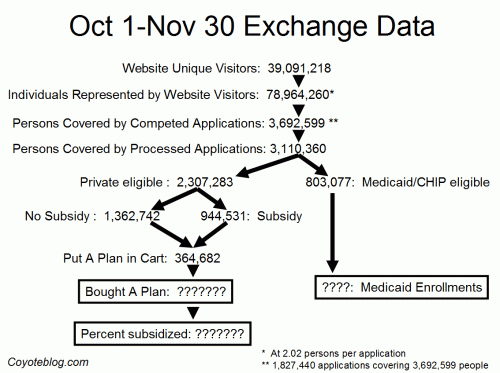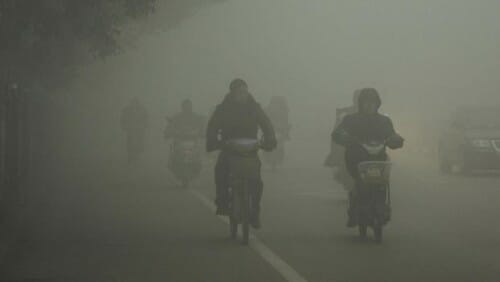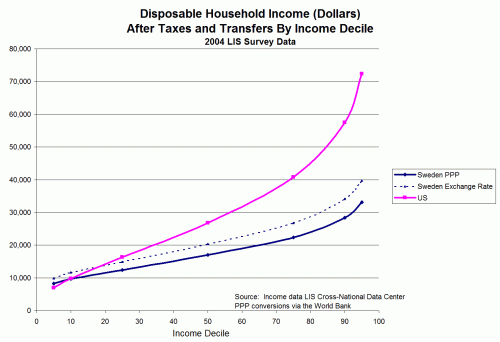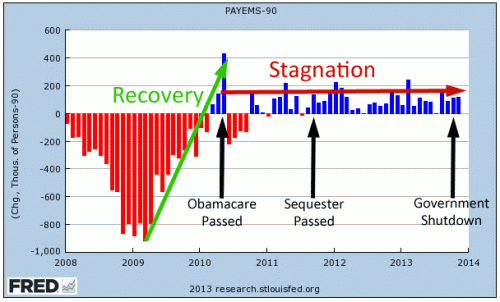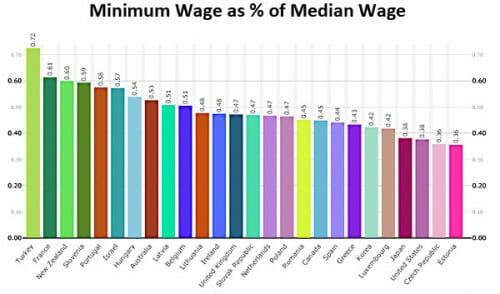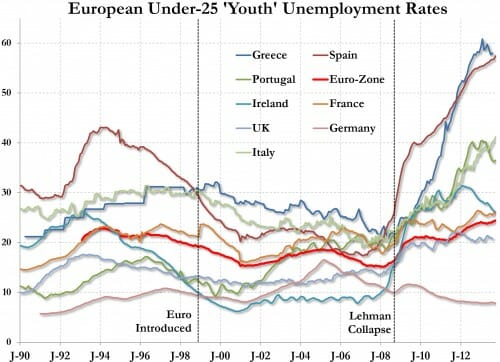Huge Improvement for my Router with DD-WRT
I have found home routers to be hugely problematic. Typically, they do OK at basic wired network routing functions, but they often have awful reliability in their wireless connections. Go to any review site, and find their top-rated routers. Then go to Newegg or Amazon and read the reviews for even these best devices -- you will see a litany of unreliability, particularly with the wireless functionality.
Some of this can be chalked up to interference issues, but I possess moderately sophisticated tools for ferreting this out. A bigger problem for me is with routers that have to be reboot every 2-3 days to keep them working. My most recent router I purchased had some software issue where mobile devices like iphones could not access Google.com and a few large sites through the wireless, a problem I eventually decided was due to some issue with handling sites that have dual ipv4 and ipv6 functionality (which I could never fix). My Cisco E3000, otherwise a fairly solid modem, had an awful setup program whose first time settings for things like the guest network could never be altered.
So I finally in desperation burned dd-wrt onto my pile of unsatisfactory routers. DD-WRT is a third-party, free, presumably open-source firmware that works with many commercial routers. So far, all of my old routers now work great, and the prior problems I saw are all gone. DD-WRT lacks the friendly automated setup routines of commercial firmware, and a few things are harder than I would wish them to be (it would be nice to have one-click reservation of an IP address to a device, rather than having to retype its MAC address). But the defaults tend to work fine and it is a huge relief to come home from work and not have to immediatley help diagnose some family network issue. I have been able to re-purpose one of the old routers into a bridge so I can get wireless in my backyard now.
If you have reliability problems with your router or home wireless, this might be something to try. For certain routers, like my Cisco E3000, the process of flashing to DD-WRT is a bit complex. There are lots of web sites and ebay retailers who will sell you modems with dd-wrt already installed, and I think that Buffalo is actually selling a dd-wrt version of one of their routers.
